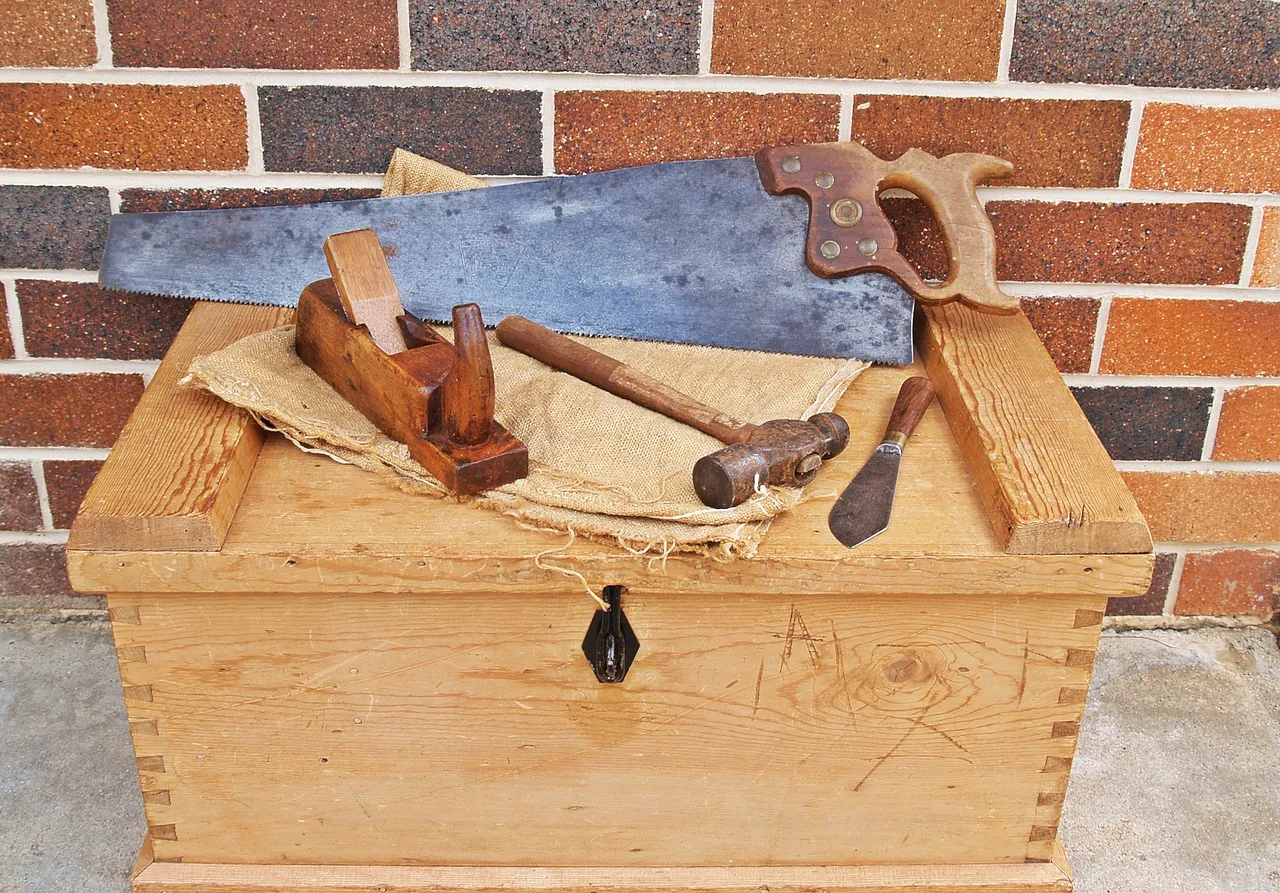 Hello fellow Woodworkers,
Hello fellow Woodworkers,
Over the coming weeks I will be doing a series of posts on the practical side of setting up shop.
This can apply to a hobby workshop but is mainly aimed at anyone who would like to set up a full time or part time business.
It is a big subject so i will do my best to divide it up into the following sections.
- Workshop.
- Tools and Machinery.
- Finding a good timber yard.
- Deciding what type of woodwork you are going to do.
- Advertising and getting Customers.
- Dealing with Customers.
- Expanding your business.
I will add to this list and I would appreciate any suggestions.
I have experience in doing this myself from being self employed for 18 years.
It can be really tough taking the plunge and committing yourself and your savings to a new business venture, especially if you have a family to support and bills to pay.
Or maybe you have no savings and are finding it difficult to get started.
I started with some basic hand tools and a 1/4 router, no workshop or customers and £100 in the bank.
So lets get started with today's post,
#1. Workshop
Here are my tips for finding a workshop to make the journey a little smoother. I will assume you are starting with virtually nothing and build up from there.
Use what you have.
This can be any basic space to start off with. I used my parents garage which was cramped and I had to work outside whenever I could.
A shed , garage even a gazebo if needs be. Just a dry space with good light. Tools can be stored else where for security.
It is amazing what you can achieve with perseverance.
Ask around your area, depending on where you are located , some good places are;
Farms. Ask the farmer if he has any space , you could offer to clear out the corner of an unused building . You could also offer your woodworking skills as way of payment.
Fellow woodworkers. There are many hobby workshops in any neighbourhood and from my experience people are more than willing to share their experience and tools to the right person. I have done this in the past, and you get to meet some great people and learn valuable information.
Timber yards and sawmills can be an excellent place to look. Have a word with the owner, if he has not got anything chances are he will know someone who has. Building a good relationship with your sawmill is very important (more on this in a future post) Getting rid of your sawdust is easy with this option as well.
Communal workshops. You may be able to rent a small space in a larger Craft work space. This can be good for meeting like minded people but the noise issue may become a problem.
Sub letting from an existing woodworking business.
This is my personal favourite, I did this myself after the first 6 months.
Many businesses would welcome a little help with the rent and also a little help with the workload when things get busy. This can be used to your advantage and you can 'work off' the rent. Also the payment terms can be a little more relaxed as the owner would have an understanding of starting out.
Industrial estates. These can vary massively in cost, size and appearance. On smaller estates you can meet different businesses and there will be a sense of community. No matter what the trade or size of the estate self employed people are a distinct type of character and from my experience most (not all) will be an asset. I have formed excellent working relationships with Upholsterers , Sprayers , mechanics and many other trades from being on an estate. On larger estates you have the advantage of a quality appearance but i would not recommend this for a start up as one lean month could send you under.
Buying a commercial property. I have no experience with this but it could be a good investment if you do your research. Paying rent is lost money in a way and if you have cash to invest you could go down this route. ( although I would say Steem will be a better investment in reality)
Working from home. Now this is my ultimate goal and I am in the process of trying to make it happen. Buying a house with the ability to freely work at any time of the day,( and believe me you will have to work through the night sometimes when starting a business), is possibly the best option. This depends on your outlook, some prefer a definite split between work and home life, I personally prefer the freedom to work when I want and to see my sons when they come home from school etc.
Hopefully that has given you some insight into finding a workshop. Thinking outside the box is a must for the self employed and if you want it bad enough you will find a way.
The next post will be: #2 Tools and machinery.
These are just my humble opinions and you should always seek legal advice before setting up a business.
If you have any questions about woodwork, furniture or being self employed as a craftsperson let me know.
I know my wood and I have spent years teaching myself furniture making , furniture history as well as living it as a self employed cabinet maker .
Still i am learning every day and the journey is the point.

Logo created by @fat-elvis
Many thanks for reading,
Until next time,
@jist
Photo from www.pixabay.com